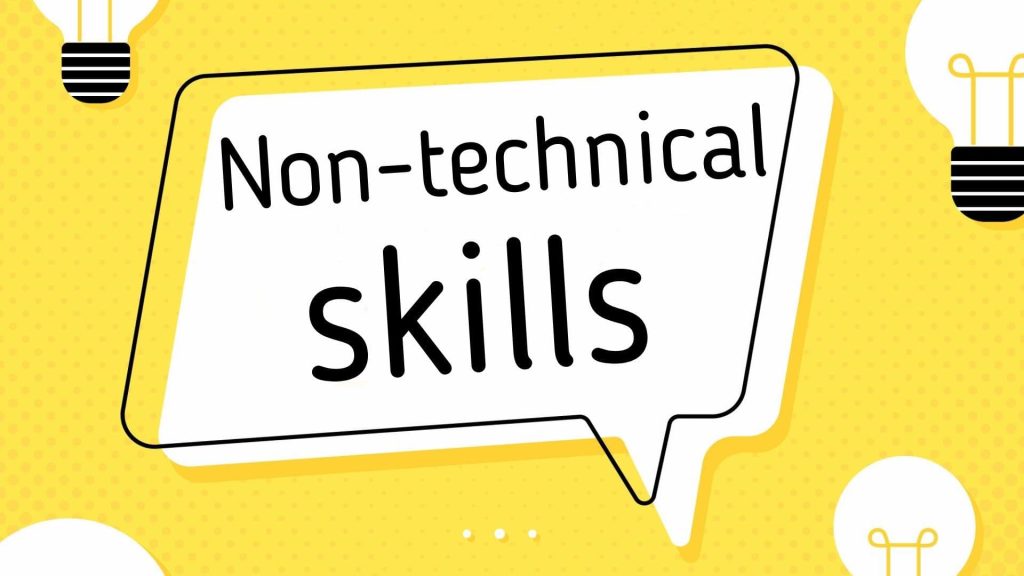Non-Technical Skills: A Key Component of Professional Success Non-technical skills (NTS) are essential interpersonal abilities—such as communication, teamwork, decision-making, and situational awareness—that enhance technical expertise, making individuals more effective and adaptable in their roles. Unlike job-specific technical skills, NTS boost workplace safety, efficiency, and collaboration, acting as essential tools in today’s dynamic professional landscape.
Importance of Non-Technical Skills
Non-technical skills go beyond everyday interactions; they contribute significantly to workplace safety and operational success. Teamwork and communication, for example, are daily staples that, when honed through training, make a tremendous impact on efficiency. An operator using NTS effectively works safely and boosts the entire operation’s productivity, demonstrating how refined NTS promote a culture of safety and collaboration.
Top 8 Non-Technical Skills in 2024
- Problem-Solving Proficiency
This skill enables professionals to transform obstacles into opportunities for growth. By highlighting problem-solving on your resume with specific examples, like resolving project bottlenecks, you demonstrate your adaptability and resourcefulness. - Storytelling
Effective storytelling brings clarity to complex ideas, helping professionals secure internal buy-in and client engagement. A project manager, for instance, can use storytelling to illustrate operational bottlenecks and proposed solutions, making technical details accessible to diverse audiences. - Effective Time Management
Mastering time management not only ensures timely project delivery but also builds trust with clients. Asking candidates about their time-management strategies can reveal their approach to deadlines and their capacity to thrive under pressure. - Adaptability
Adaptable professionals seamlessly adjust to project shifts, helping teams meet new demands efficiently. Adaptability is a vital skill in industries where change is frequent, fostering resilience and proactive work planning. - Prioritization and Decision-Making in Teamwork
Effective prioritization within teams ensures tasks are assigned based on strengths, creating a cohesive workflow. This skill fosters a collaborative environment that values strategic execution, enhancing overall team performance. - Patience and Awareness
Patience and awareness are indispensable for navigating challenging interactions. For instance, when explaining technical details to non-technical clients, remaining patient and composed fosters clearer communication and positive client relations. - Curious Mindset
Curiosity drives continuous learning and problem-solving, essential for staying competitive in a rapidly evolving job market. Recruiters increasingly seek passionate learners with a commitment to skill acquisition and innovation. - Empathy and Understanding Skills
Empathy transforms teamwork and client relationships by creating an open environment for idea-sharing. An empathetic team member listens to diverse perspectives, fostering collaborative problem-solving that leads to better solutions.
Conclusion
Building NTS requires organizations to identify essential skills for various roles, invest in targeted training, and encourage continuous improvement. With a strategic approach, organizations can elevate operational effectiveness, creating a culture where non-technical skills enhance safety, adaptability, and team success.
Stay tuned to 9am News Nigeria for more Breaking News, Business News, Sports updates And Entertainment Gists.
















